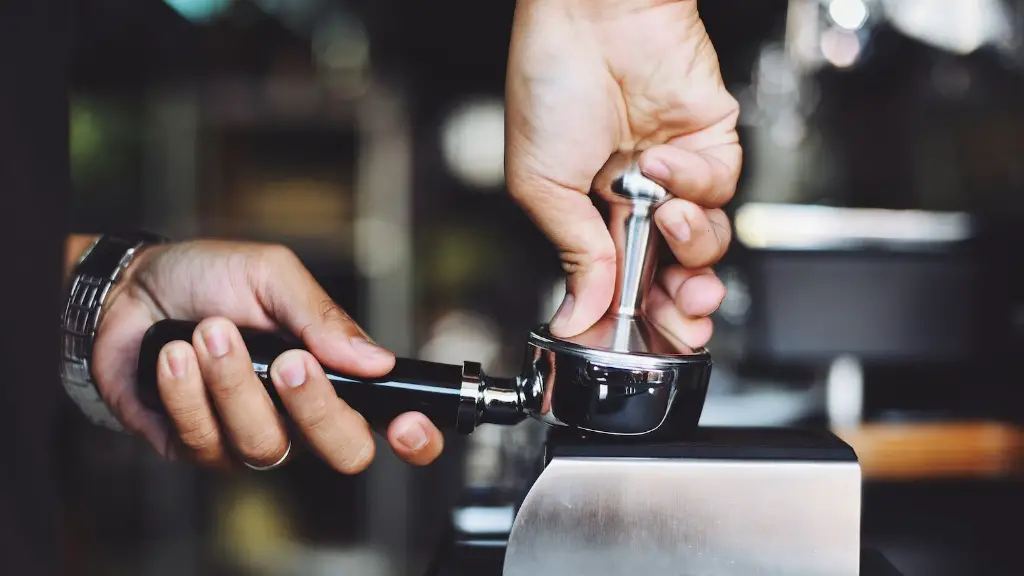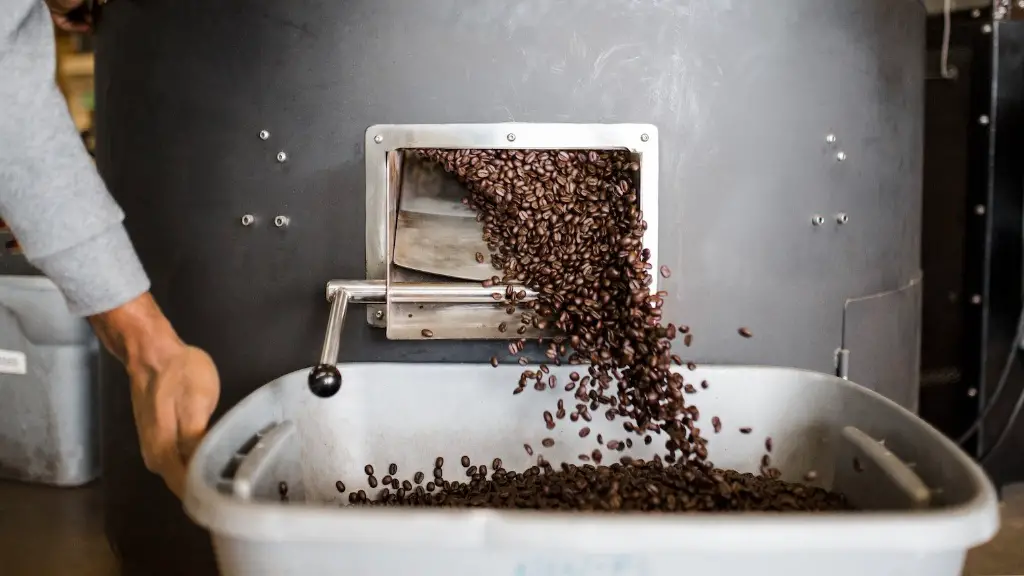Coffee After Wisdom Tooth Removal: Is It Safe to Drink?
Coffee is one of the favorite drinks in the world, with millions of people enjoying their regular fix every day. But what happens when you need to have your wisdom teeth removed? Is it safe to drink coffee after wisdom tooth removal?
It is important for those considering having their wisdom teeth removed to understand the risks and potential complications associated with the operation. For instance, if the tooth extraction site is not followed according to your dentist’s instructions, there is a possibility it may become swollen, causing pain and discomfort. Additionally, it may take some time for the extraction site to heal, as well as for any remaining tissues to attach themselves to the jawbone.
Your dentist will likely give you information and instructions to follow after the removal, such as when it is safe to drink coffee. Generally, the rule of thumb is to wait a few days after removal before drinking coffee. Caffeine can cause additional swelling and promote bleeding in the extraction site, so it is best to avoid drinking coffee until the site has healed properly.
However, it is important to note that everyone’s body reacts differently. Some people may experience soreness and discomfort for up to two weeks after surgery, while others may have a more rapid recovery. Everyone’s mouth and healing process is different, so it is best to consult with your dentist and follow their post-operative advice. Your dentist will be able to tell you if it is safe to drink coffee and when.
Experts recommend avoiding the use of straws when drinking coffee after wisdom tooth removal. The suction created by the straw can cause seizures and weaken the extraction site, leading to further complications. It is best to wait until the site has healed properly before using a straw to drink any beverage.
The caffeine and acidic nature of coffee may also be an issue to consider. The acidity of coffee can irritate the extraction site, while the caffeine can further increase any swelling and cause additional pain and discomfort. Therefore, it is best to wait until your dentist gives you the green light before drinking any caffeinated beverages, such as coffee.
In addition, you should also avoid hard, chewy, or crunchy foods for up to two weeks. This includes snacks such as chips and popcorn, as they can put additional strain on the extraction site and cause additional swelling. Your dentist will be able to provide you with a list of foods you should avoid during your healing period.
In short, it is best to speak with your dentist before drinking coffee following wisdom tooth removal. Depending on your individual situation, your dentist may advise you to wait a few days before drinking any caffeinated beverages. Everyone’s mouth and healing process is different, so make sure to follow your dentist’s instructions for the best recovery.
Underlying Causes For Wisdom Tooth Removal
Wisdom teeth are the last adult teeth to come in, generally appearing when a person is in their late teens or early twenties. For some, wisdom teeth pose no problems, and can be left in place. However in other cases, the teeth may cause issues, such as overcrowding, pain, infection and decay. When this is the case, it is best to have the wisdom teeth removed.
Overcrowding is one of the most common causes for the need for wisdom tooth removal. When there is not enough room in the mouth for the teeth to come in, they can become misaligned and start pressing against nearby teeth, known as impaction.
Pain is another common issue. When trying to come through the gums, wisdom teeth can become trapped and cause pain. This can vary from mild discomfort to severe pain and swelling, depending on the individual case.
Infection can also be an issue, as wisdom teeth often struggle to fully break through the gums. Over time, bacteria can start to build up in the small pockets remaining between the teeth and gums, leading to infections that can further complicate the situation.
Finally, decay is also a risk with wisdom teeth. Food particles can become lodged between the teeth and gums, leading to tooth decay and gum disease if not removed in time.
Wisdom Tooth Removal Surgery
Wisdom teeth removal surgery is a fairly simple procedure that involves extracting the teeth from the jawbone and stitching up the extraction site. Your dentist will usually carry out the surgery under local anaesthetic and sedation, meaning that you should not feel any pain during the operation.
Prior to the surgery, there are some steps you can take to make sure the process runs smoothly. It is important to keep the mouth clean and follow any instructions that your dentist gives you in the lead up to the surgery. This may include brushing and flossing regularly, avoiding excessive sugar, and using mouthwash.
Your dentist will also likely advise you to stop smoking and using any nicotine replacement products prior to the surgery, as smoking can impede healing. Additionally, they may recommend that you take some over the counter medication such as ibuprofen, as this can help alleviate any post-operative pain.
On the day of the surgery, your dentist will have you lay down on the dentist chair and administer the local anaesthetic and sedative. For most people, this means you will stay awake with minimal discomfort, but may not remember the procedure once it is done.
Once the operation is complete, your dentist will provide you with post-operative care instructions that should be followed to ensure the extraction site heals properly. This may include avoiding hot drinks, altering your diet to include softer foods, and avoiding the use of a straw.
Tips For Keeping The Extraction Site Clean After Surgery
Following the surgery, it is important to make sure the extraction site is kept clean to facilitate healing and prevent infection. The greatest risk of infection occurs within the first 24 hours, so it is important to follow your dentist’s instructions in order to reduce the risk.
A key part of the post-operative care is rinsing the mouth several times a day with a saline solution. If you do not have any pre-mixed saline solutions in the house, you can make your own by mixing one teaspoon of table salt with 8 ounces of water. This should be done gently but vigorously, as vigorously rinsing can disturb the healing process.
You should also gently brush your gums and teeth, but be careful not to disturb the extraction site. If there is any bleeding, gently bite down on a gauze pad for about 10 minutes to help stop the bleeding.
Finally, it is important to remain mindful of any changes to the extraction site, such as swelling, drainage, bleeding, and foul odors. If you notice any changes, it is important to contact your dentist as soon as possible.
The Benefits Of Wisdom Tooth Removal
Most people dread wisdom tooth removal as it can be quite a painful and uncomfortable process. However, there are quite a few benefits to having the procedure done. For instance, it can reduce overcrowding, pain, and the risk of infection and tooth decay.
Removal of impacted wisdom teeth can also open up more room for the surrounding teeth so that they can move into their correct positions, thus improving one’s bite and reducing overcrowding. Additionally, it can also improve one’s overall oral health thanks to the decrease in bacteria around the area.
Wisdom tooth removal is also relatively inexpensive when compared to the other treatments available, such as braces and other orthodontic treatments. It is also a relatively fast procedure, which can save time and expense on subsequent visits and long-term treatments.
Finally, it can reduce the risk of tooth decay and cavities in the long run. Since wisdom teeth can push against other teeth and cause a misalignment keeping them in place can result in a higher risk of decay and cavities in the future given the difficulty in keeping the area clean.
Reasons To Avoid Wisdom Tooth Removal
While wisdom tooth removal can be beneficial in many ways, it is not always necessary for some people. Some people may have their wisdom teeth erupt in their correct positions, and in such cases, it may be best to leave them in place.
In some cases, the removal process can be more complex, leading to issues such as nerve damage, complications to the sinuses, and even jaw fractures in rare cases. If a dentist is unable to determine how difficult the extraction process will be due to the difficult position of the teeth, they may advise against it.
Finally, wisdom tooth removal is expensive and can take a toll on one’s finances. While it is relatively inexpensive compared to other treatments, it can still add up. Therefore it is important to weigh the pros and cons before deciding to have them removed.





